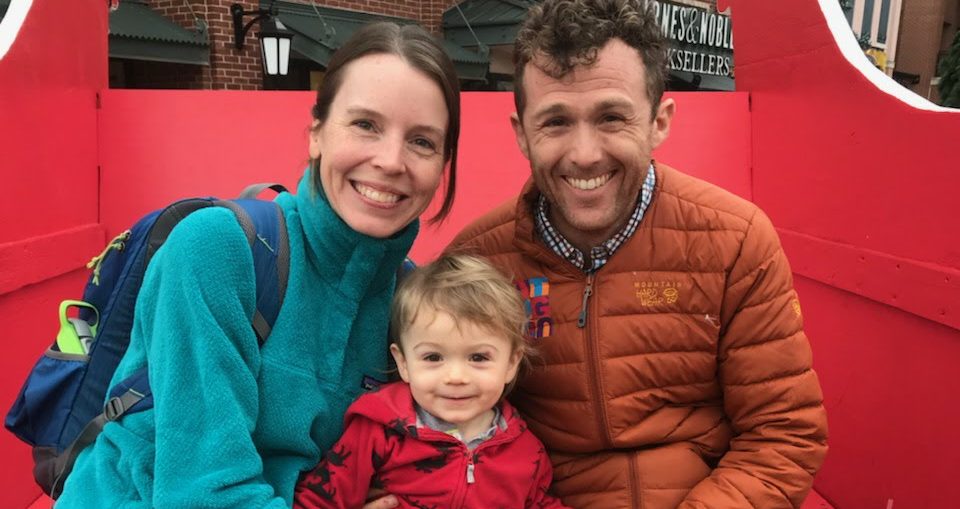With all our time to plan, read, exercise, and relax here in Mexico, it’s now time for Matt’s Book Reviews, #2. The second book, Nurture Shock: New Thinking About Children by Po Bronson and Ashley Merryman was a major improvement from my first book on the Kindle and one that I will ultimately recommend to parents and non-parents alike.
Why in the world am I reading a book on parenting? If you recall back to our life lists blog last month, raising kids and passing on my genes (do I have a big ego?) was and still is very high on my list. You might respond that Julie and I should get to work on this and start reproducing (I hear Grandma Von Holle’s voice in my head here). However, as I’ve learned over the years, it’s not prudent to take on too many projects at one time or they all suffer and I usually don’t end up finishing projects if I’ve got too many going at once (and wouldn’t it be a bummer to mess up or not finish the parenting project?!). So rather than trying to produce children right now, I’m reading about it.
Some people may think this approach isn’t worth much time and that it’s on-the-job training that makes a parent. I’ve heard things like, “you’ll never know until you try”, or “you simply can’t understand what it’s all about until you’ve done it yourself”. I’m not saying these kinds of claims are inaccurate. What I am saying though by reading a book on parenting is that I think that my odds of being a better parent can only be improved by reading and learning as much as I can now so that when we are ready to get started (if all the parts work), that we’ll at least feel like we’ve worked hard to prepare for the new and exciting of the parenthood party.
So on to the book. Bronson and Merryman tell an excellent story and unlike Bryon Powell in Relentless Forward Progress, they provide well documented, scientific studies to support their claims; thankfully it’s also well edited and free of typos. We found this book by searching Amazon’s top 100 in Parenting books. There were many kinds to choose from such as the What to expect when expecting types of books to How to get your baby to sleep at night, to How to deal with unruly teenagers. This one had excellent reviews, and lots of them, and it seemed like a good place to start since it wasn’t so much of a how-to manual but rather, general thoughts on children.
And what an excellent place to start! The book was enjoyable not just for parents, but also for people that were once children too. I found myself thinking things like, “how much was I praised for being smart versus being praised for my effort?” or “was my lack of sleep in high school more causal of the stress and unhappiness I often felt in my high school years than I’d given it credit for?”. It made me think about how I was raised. Questions raised by the authors about how race is discussed with children and the impact it has. The role of lying, problem solving, self control and language skills in development both from the perspective of how I was raised and the outcomes of studies on these types of practices are fascinating both from a how-to perspective and from a how-was-it done on me perspective.
The book is also not at all preachy but instead very informative. They write more like reporting journalists than a self-help guru telling you the secrets of working with children. They address a lot of common misperceptions without sounding at all arrogant. For example, the idea of maternal instincts is raised early in the book. They don’t claim that there aren’t maternal instincts but state that what many believe to be instinctual behavior is not actually that but instead is learned cultural behavior that has often not been seriously evaluated or tested. They recognize that parents want what is best for their children but also realize that good intent doesn’t always produce the desired outcome. They have pages and pages of notes at the end of the book, yet the book reads very smoothly. I found myself quoting passages to Julie to the point of annoying her (she’s now reading the book though and having the same experience).
In conclusion, the book is really well done and I think that parents with young kids, parents that are older and have raised kids, and people that don’t have kids will all enjoy this book. It’s eye-opening, informative, and enjoyable reading and I highly recommend it.
What do you recommend in this genre of writing? There are loads and loads of books on raising children, developmental issues, and parenting currently on the market. What are the best ones out there and what have been good resources for you that we should add to our list? Also, what types of comments and advice do you have for things we can be doing now related to the desire to have kids but not just yet? I love hearing from people on topics because while we’ve toured many homes this year and visited with many kids and parents of young kids lately, we are not experts and the world of parenting still appears very daunting. The more we hear about it and the more we learn about it the better.



